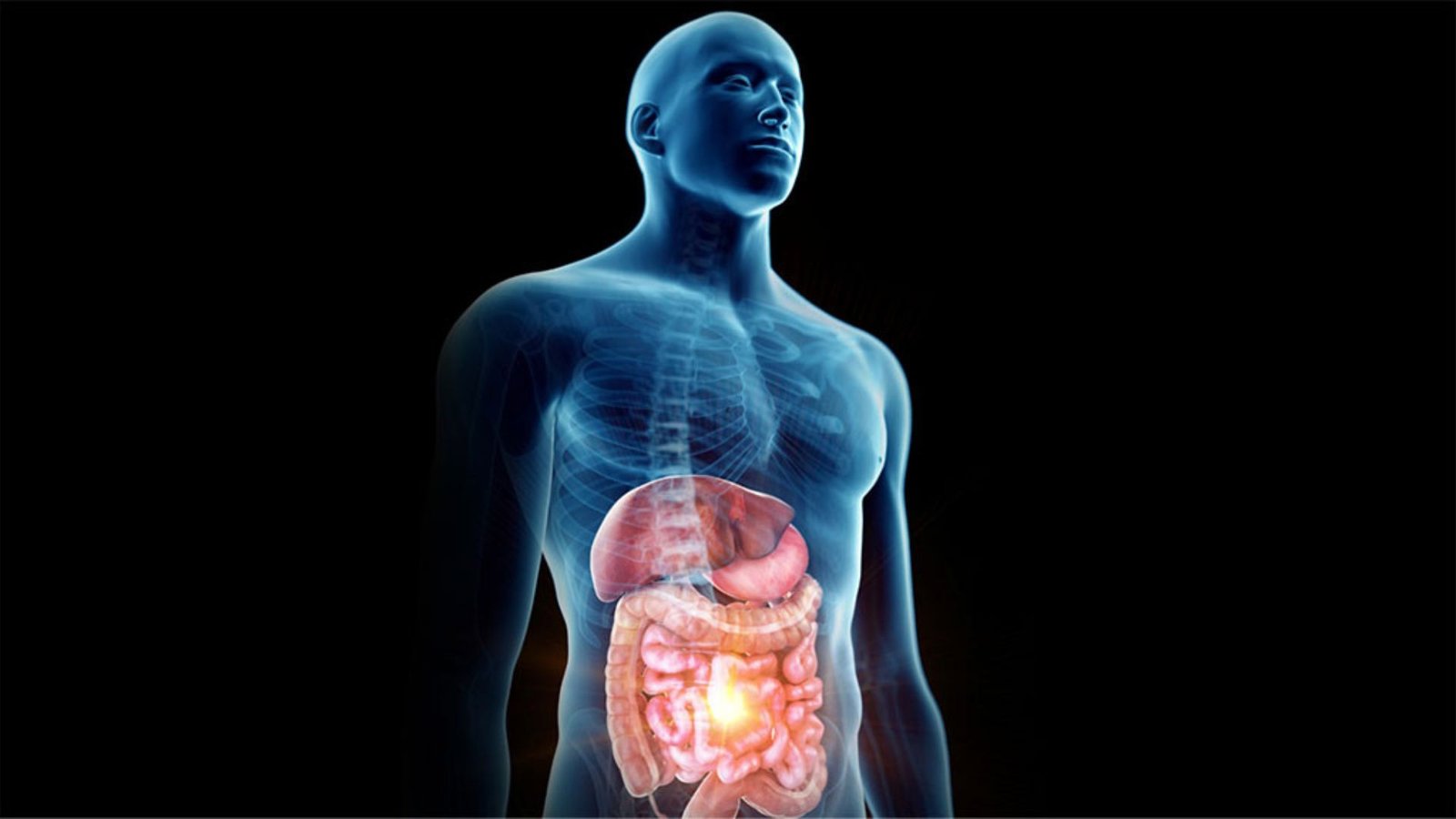Gut health is a crucial aspect of overall body wellness. Your gut, also known as the gastrointestinal tract, plays a vital role in digestion, nutrient absorption, and immune function. Recent research has uncovered a strong link between gut health and various aspects of physical and mental health. This article explores how maintaining a healthy gut can lead to better body wellness.

Understanding the Gut Microbiome
The gut microbiome consists of trillions of bacteria, fungi, and other microorganisms living in your digestive system. These microorganisms play a significant role in digestion, metabolism, and immune responses. A balanced microbiome is essential for optimal health, while an imbalance can lead to various health issues.
The Role of Gut Health in Digestion
A healthy gut ensures proper digestion and nutrient absorption. When your gut is functioning well, it breaks down food efficiently, allowing your body to extract essential nutrients. This process supports energy levels, muscle function, and overall vitality.
Impact on Immune Function
Approximately 70% of your immune system resides in your gut. A healthy gut microbiome strengthens your immune defenses, helping your body fend off infections and illnesses. On the other hand, an unhealthy gut can lead to inflammation and increased susceptibility to diseases.
Connection to Mental Health
Research shows a strong connection between gut health and mental wellness. The gut produces neurotransmitters like serotonin, which regulate mood and emotions. An imbalance in gut bacteria can affect your mental health, leading to anxiety, depression, and mood swings. Maintaining a healthy gut can support mental well-being.
Signs of Poor Gut Health
Recognizing the signs of poor gut health is essential for taking action. Common symptoms include:
- Digestive Issues: Bloating, gas, diarrhea, and constipation.
- Food Intolerances: Difficulty digesting certain foods can signal gut imbalances.
- Fatigue: Low energy levels may indicate nutrient deficiencies due to poor absorption.
- Skin Issues: Conditions like eczema and acne can be linked to gut health.
How to Improve Gut Health
- Eat a Balanced Diet: Focus on whole foods, including fruits, vegetables, whole grains, and lean proteins. These provide essential nutrients and fiber for healthy digestion.
- Incorporate Probiotics: Probiotics are beneficial bacteria that promote gut health. Include fermented foods like yogurt, kefir, sauerkraut, and kombucha in your diet.
- Increase Fiber Intake: Fiber-rich foods like beans, lentils, and whole grains support healthy digestion and nourish gut bacteria.
- Stay Hydrated: Drinking enough water aids digestion and helps maintain a healthy gut lining.
- Limit Processed Foods: Reduce your intake of processed and sugary foods, which can disrupt gut balance.
- Manage Stress: Chronic stress negatively impacts gut health. Practice stress-reduction techniques such as meditation, yoga, or deep breathing exercises.
- Get Regular Exercise: Physical activity promotes healthy digestion and supports gut microbiome diversity.
- Avoid Overuse of Antibiotics: Antibiotics can disrupt the gut microbiome. Only use them when necessary and as prescribed by a healthcare professional.
Conclusion
Gut health is integral to overall body wellness. By understanding the connection between the gut and various aspects of health, you can take proactive steps to maintain a balanced microbiome. Prioritizing a healthy diet, staying hydrated, managing stress, and engaging in regular exercise will contribute to better gut health and enhance your overall well-being.




